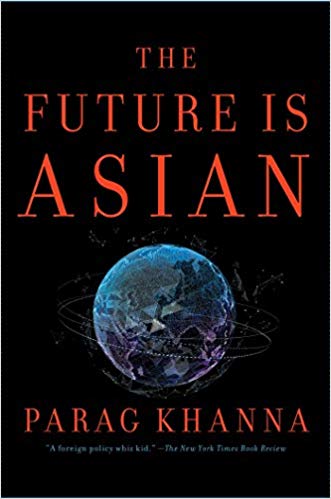EP 373 The Future is Asian
The 20th Century was the American Century. However, there are many signs that the world in this period is moving away from our influence and gravitating to the diverse, technocratically advanced countries of Asia. Much of this started with Japan and its re-birth after WWII and China’s modernization after Mao. However, given the the much studied governance of Singapore, the growing sophistication of India and the substantial Belt and Road Initiative of China, the eyes of the world are looking anew at what this region has to offer. According to Parag Khanna, author of ‘The Future is Asian’ that doesn’t portend a total eclipse of American influence, but a more balanced world with strengths and competition in more places, including Asia. The model that is developing in the region, including its economics and governance, represents a uniquely Asian approach, not a Western one. One in which free markets have given way to state-managed capitalism, family enterprise and investment-led growth. His insights are clear, direct and provocative. You will want to hear them.
Podcast: Play in new window | Download








